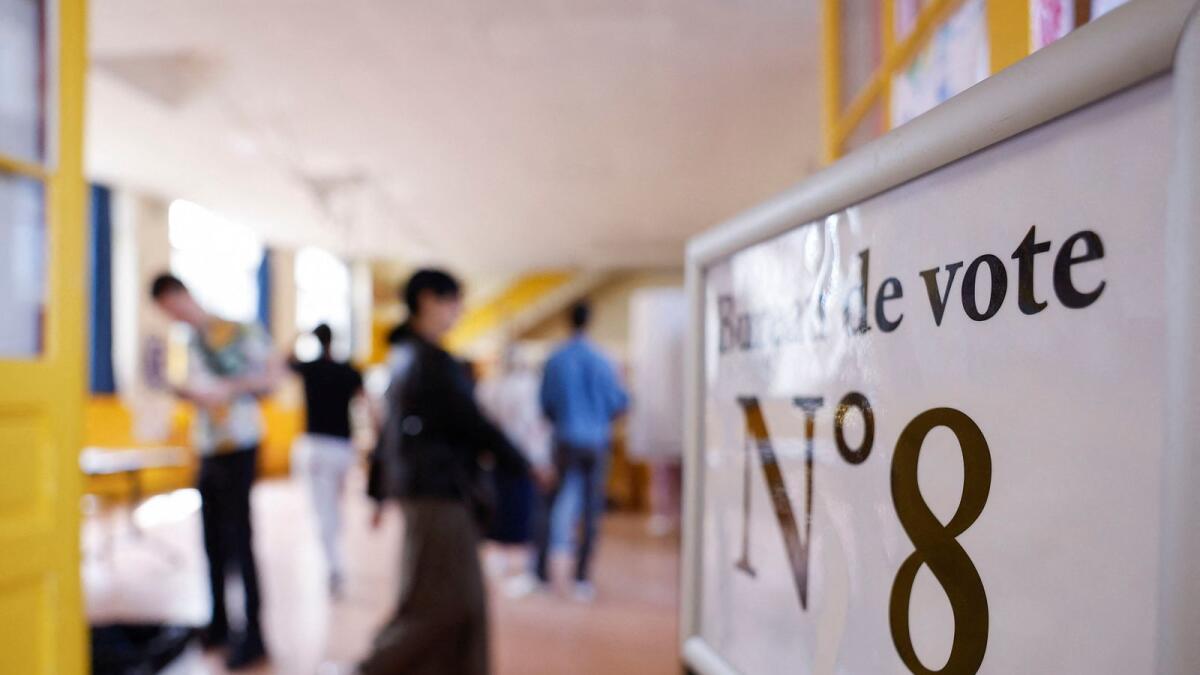The recent French parliamentary elections have drawn attention to the country’s public finances, which are already under scrutiny. The main parties have all promised new spending initiatives, but specifics on how to pay for these plans are lacking. The far-right National Rally (RN) is anticipated to come first in the polls, followed by the New Popular Front left-wing alliance and President Emmanuel Macron’s Together party. France’s budget deficit reduction plans may be affected by the outcome of the election, with a second round of voting scheduled for July 7th.
If the RN forms a government, it plans to cut value-added tax (VAT) on energy, resulting in significant costs. The party aims to finance this through various measures, such as obtaining a rebate on France’s EU budget contribution and introducing new taxes. Additionally, the RN proposes changes to unemployment benefits, pensions, retirement age, and tax exemptions for certain workers. The party also aims to make budget savings by targeting welfare spending on foreign citizens and cutting red tape.
The New Popular Front (NFP) alliance has outlined its own set of proposals, including civil servant pay raises, free school lunches and transport, and increased housing subsidies. The cost of these initiatives is expected to be covered by implementing new taxes on superprofits and reinstating a wealth tax on financial assets. The NFP also plans to freeze prices on essential items, raise the minimum wage, and increase public spending on education, healthcare, and environmental initiatives.
On the other hand, Macron’s Together alliance is committed to reducing the budget deficit to 3% of GDP by 2027. The party has promised to cut power bills, align pension increases with inflation, and boost public sector wages. However, specifics on the wage increases are not provided in their program. Macron’s party aims to avoid broad tax hikes and plans to raise the tax-free gift amount for parents.
Overall, the outcome of the early French parliamentary elections is likely to have significant implications for the country’s public finances. With various parties proposing new spending initiatives but lacking clear plans on how to fund them, the future of France’s budget deficit reduction objectives remains uncertain. The competing priorities and proposals from the RN, NFP, and Together alliances highlight the challenges ahead in managing the country’s finances and meeting its EU commitments. Voters will play a crucial role in shaping France’s economic future through their choices in the upcoming parliamentary election rounds.











